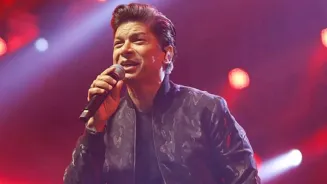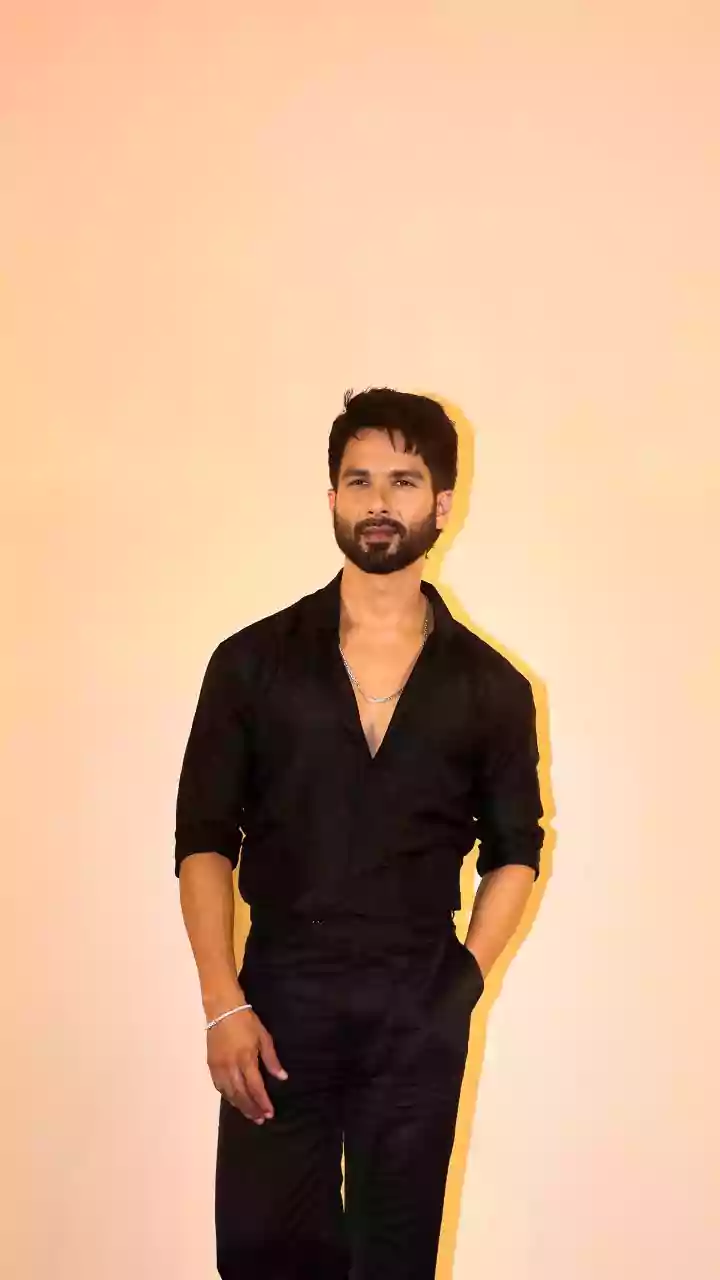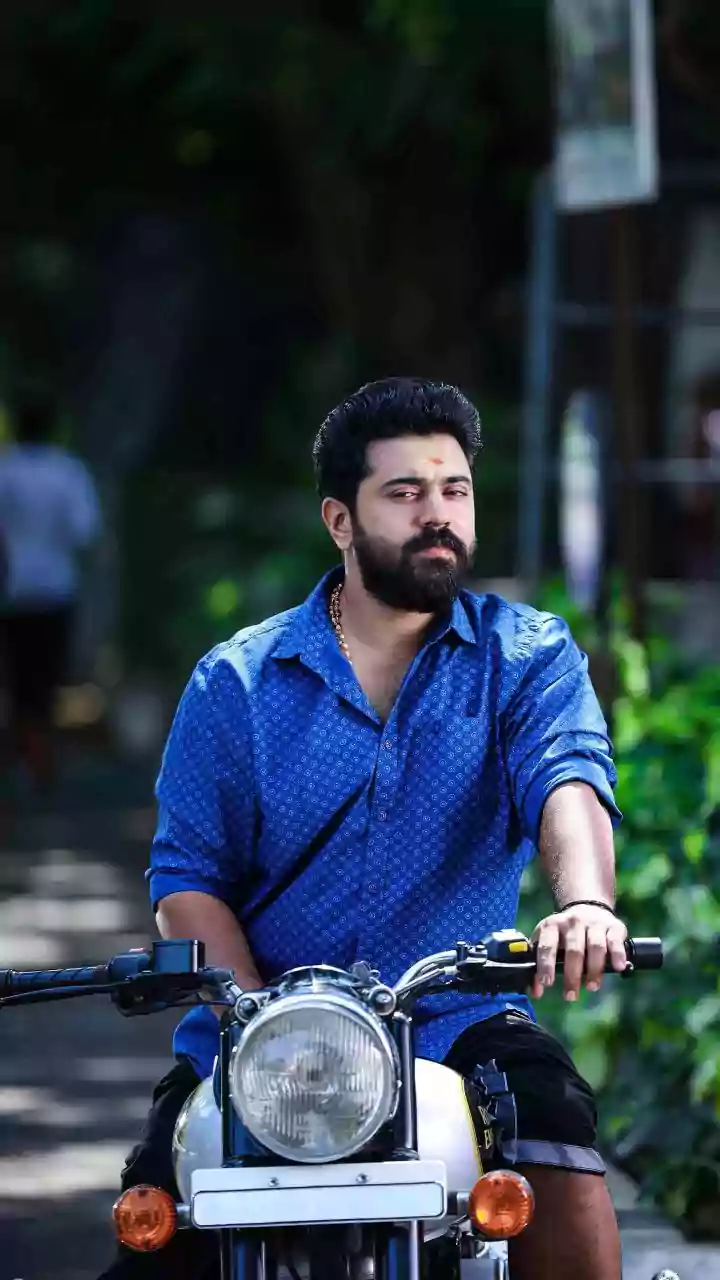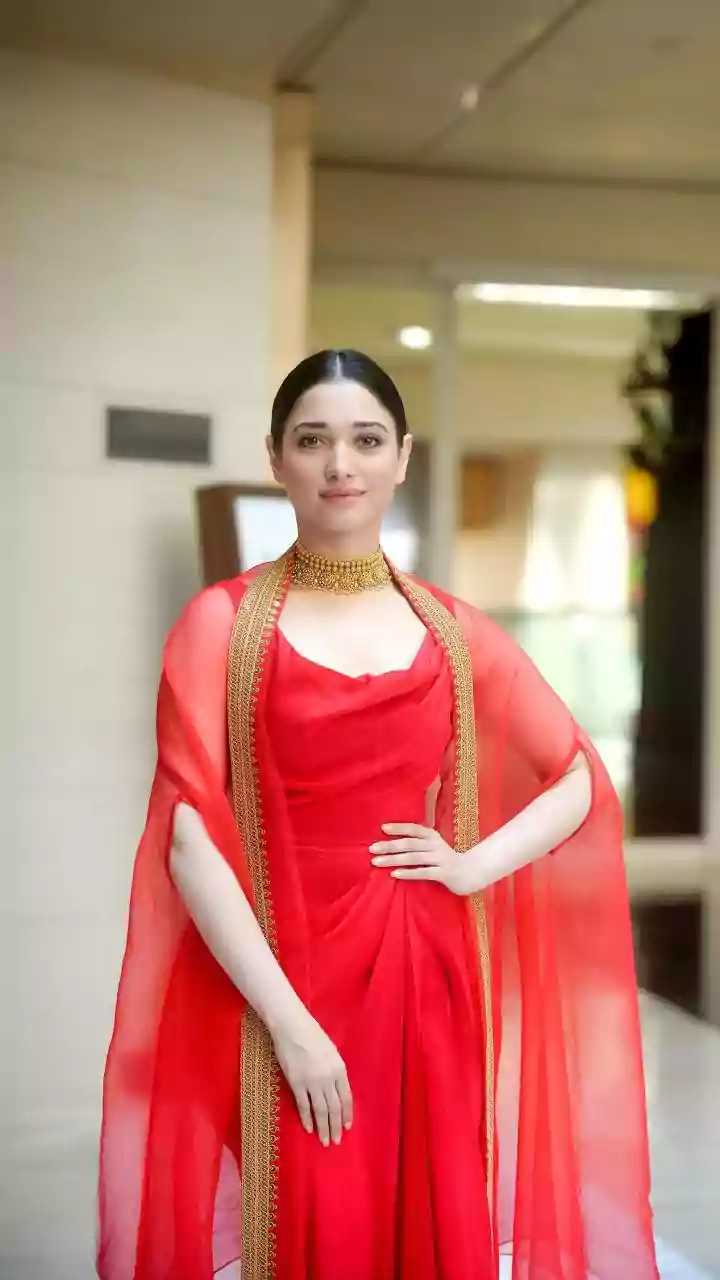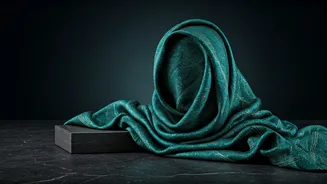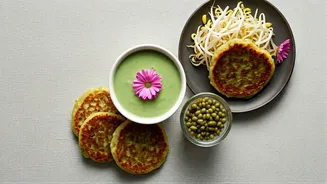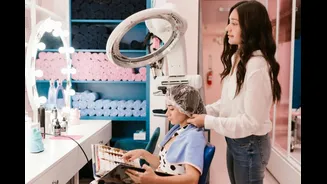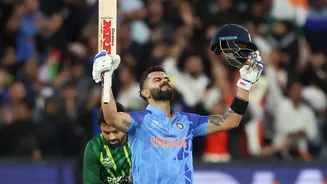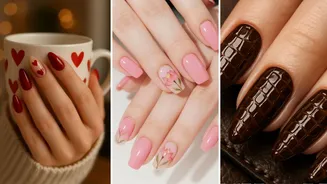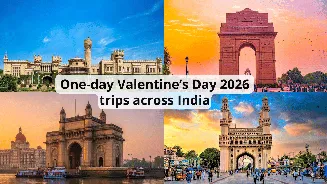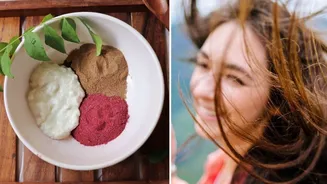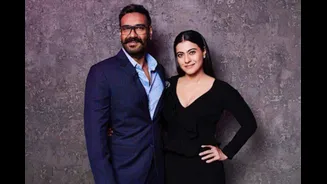What is the story about?
Shaan has, in a career spanning over three decades, found himself strongly placed as one of the singers who changed the face of Indian music industry with
his unique voice, charming personality and versatility. After singing jingles and indie-pop tracks, Shaan cemented his name in playback singing, giving us hundreds of songs that have gone down to become iconic, especially for the millennials. Looking back, Shaan recalls how he started off as the voice of young actors and the changing trends in India's music scene over the years.
On being 'voice of the youth'
In an exclusive conversation with Zoom, Shaan shared, "There was a time when I was labelled as the voice of the youth. I started with Dino Morea, then there were Arjun Rampal, Riteish Deshmukh, Zayed Khan, and a lot of other actors. So, I'm more excited about singing for the youth, but it does feel a little odd. A man in 50s singing for someone in his 20s. And now that my son has entered the industry, he'll say "Papa leave something for me!" I'm happy to collaborate with any actor or artist. I just want to sing."
Shaan made his playback singing debut with Vishal-Shekhar compositions in 1999 movie Pyaar Mein Kabhi Kabhi. His two songs Musu Musu Hasi and Woh Pehli Baar broke trends and found a career in films. The 52-year-old singer went on to sing for almost every leading actor, primarily becoming the most suitable voice of Saif Ali Khan. His happy vibe resonated well with the youngsters and stood out mainly in romance genres.
On changing trends and consumption pattern
However, Shaan says the trends have changed. "Today music is being marketed, created and sold for a certain age bracket, which always was so, but now that age bracket has dropped even further. Today, a 12-13-year-old is consuming a lot of music. When we were growing up, we couldn't afford to buy a CD, so we listened to the CDs our parents were playing. And then you get to an age when you can push them and tell them that you want to listen to this artist or this song. So, today the consumption pattern has become very different. And this happens with every generation," he said.
"Today I hear millennials talking about songs from 90s. I'm sure when they were growing up, their parents poked them about the kind of song they were listening to, pushing them for their songs from 70s. The whole ghazal genre came in 80s," Shaan further added.
According to Shaan, this was all a "continuous cycle", something that should not impact music creation. "Today's music will become past in 5-6 years, and then we'll pick some songs of today, and tell the next generation that these kinds of songs were made. So, it's a continuous cycle and I don't think we should pay much attention to that. Technique is changing, society is changing. The rate at which it is changing will go even faster now," he opined.
